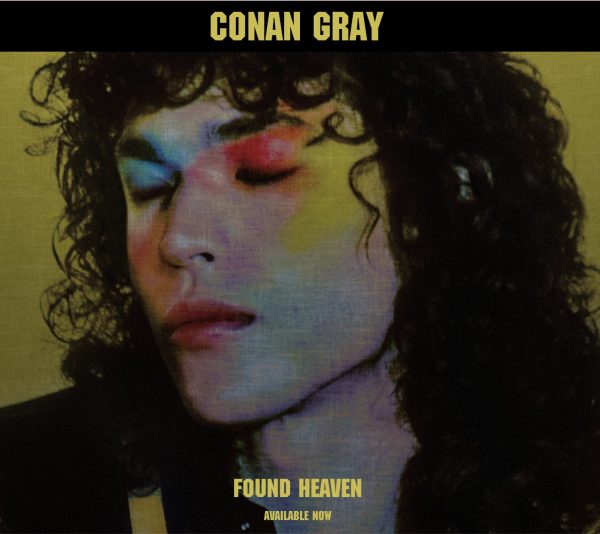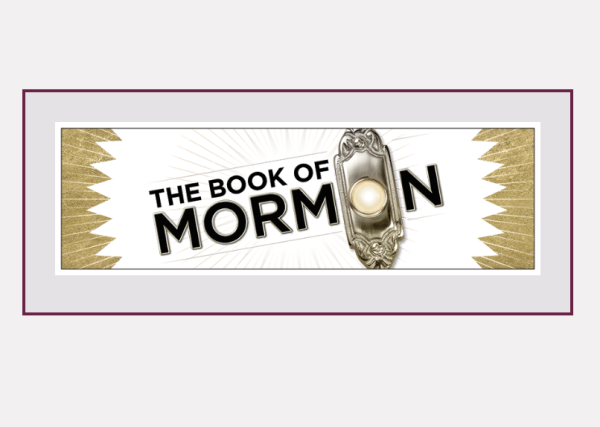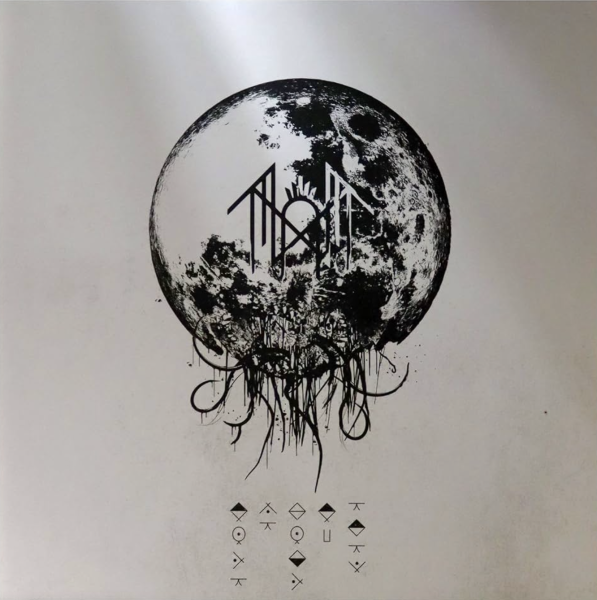Movie review: “Denial”

photo courtesy of Bleecker Street
Actress Rachel Weisz with the real Deborah Lipstadt on the set of the film Denial.
October 14, 2016
Hitler was the Jews’ best friend, according to notorious Holocaust denier David Irving. In 1996, Irving sued historian Deborah Lipstadt for her book about Holocaust deniers called “Denying the Holocaust: The Growing Assault on Truth and Memory.” The suit put history itself on trial and, twenty years after it was filed, now is the inspiration behind the movie “Denial.” The film, which explores the lawsuit from Lipstadt’s perspective, was an outstanding depiction of how to shut down anti-semitism. I saw the film at the United States Holocaust Museum on Sept. 28. It was released to limited cities throughout early October, and will be shown everywhere Oct. 21.
The exposition of the film shows Lipstadt’s normal life as a Jewish history professor. The tension rises when Irving crashes Lipstadt’s book event, standing up in front of the crowd and belittling her and the Holocaust apart by offering $1,000 to anyone who has evidence that the Jews were gassed by the Nazis.
Irving’s tormenting increases and eventually Lipstadt receives notice that Irving is suing her and her publishing company in British court for libel and harming his reputation in her book.
In the past, Lipstadt ignored deniers to avoid giving them any sort of attention. Instead of settling with Irving, however, Lipstadt decides to fight for justice. Unlike in American courts, in Britain, the defendant must disprove the plaintiff’s allegations. So, it was Lipstadt who had to prove her case. With her intelligent team of lawyers, she strategized the best way to take Irving down.
The most touching part of the movie was when Lipstadt and her lawyer, Richard Rampton, traveled to Auschwitz to help build their case. This scene reminded me the of the high stakes of this trial and created a solemn energy throughout the theater.
My first thought upon hearing Irving’s arguments against the validity of the Holocaust was to think that this preposterousness could be easily disproved because the Holocaust is part of history, and is not an opinion. The movie sheds light on the struggles of fully proving this historical genocide because the Nazis hid their own horrible actions.
Rachel Weisz, who played Lipstadt, portrayed the Jewish history professor beautifully by carrying on Lipstadt’s wit, intelligence and even her Queens accent. Throughout the film, you can truly feel her emotions through her anxiety and humor.
Lipstadt’s main lawyers, Anthony Julius and Richard Rampton, played by Andrew Scott and Tom Wilkinson respectively, showed great determination and care for this case. I could feel their intensity and sense of passion as they slowly opened up. Rampton is shown to be strict but effective; he is challenging to understand at first but eventually demonstrates his compassion for the case. The audience is able to watch their relationship with Lipstadt unfold as they slowly begin to understand one another.
Timothy Spall, who played Irving, captures the disgustingness and ridiculousness of his character. He sparked frustrating emotions in the portrayal of his character and I felt an urge to scream at him every time he opened his mouth.
Overall, Irving’s implausible arguments remind me of this film’s relevance to society today, because it illustrates the audacity of people who claim they can make opinions on factual history. Because of its relevance, this is a crucial movie to watch because it displays the message to always fight for history and be a voice for the suffering. This film enables you to feel like you are sitting in court, anxiously waiting for the verdict with Lipstadt, and sends you on a emotional rollercoaster.
The film is rated PG-13


















